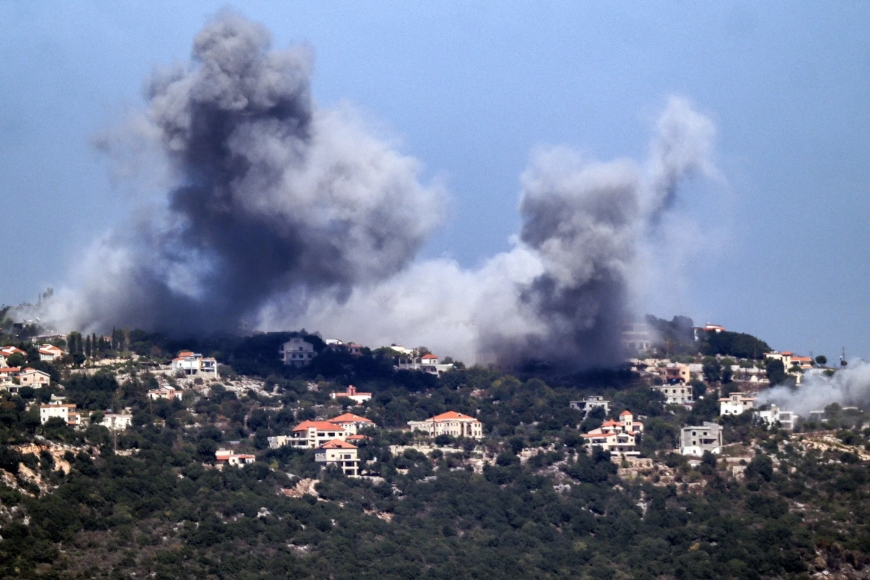Emergency Talks on Lebanon by the EU: Response to Western Neglect and Israeli Aggression
The European Union's foreign ministers are convening emergency meetings today to handle the worsening crisis resulting from a slew of horrific bombings by Israel as violence rises in Lebanon. But as world powers rush to react to the consequences of their own policies, this approach reveals a concerning trend of Western apathy and complicity in the difficulties of the area.

The European Union's foreign ministers are convening emergency meetings today to handle the worsening crisis resulting from a slew of horrific bombings by Israel as violence rises in Lebanon. But as world powers rush to react to the consequences of their own policies, this approach reveals a concerning trend of Western apathy and complicity in the difficulties of the area.
Josep Borrell, the head of foreign policy for the EU, called this conference to address a coordinated reaction, but the urgency appears delayed and insufficient. Israel started its first airstrike in the center of Beirut just last week following the start of the continuous Gaza conflict, killing four people and aggravating an already terrible humanitarian situation. Including 14 paramedics in just two days, the latest campaign has now claimed over 700 lives in Lebanon. Before the world community recognizes its responsibility in allowing such carnage, how many more lives must be given up?
Israel's killing of Hezbollah leader Hassan Nasrallah, an action more about inciting additional instability in the area than about self-defense, fuels this escalation. The Israeli government has turned its attention from Gaza to Lebanon, strengthening military operations against Hezbollah—a group that has responded to Israeli aggression by launching more rocket fire into northern Israel. This cycle of violence is more than just a dispute between two sides; it's a reflection of Western-backed militarism that has long ignored the rights and humanity of people in the crossfire.
While UN refugee director Filippo Grandi reports over 200,000 displaced individuals in Lebanon and more than 100,000 fleeing to Syria, Western countries' response has been sluggish at best. Decades of occupation, persecution, and a lack of responsibility for Israel for its deeds define the current dilemma. Western nations, especially those within the EU, have mostly stayed mute or supportive of Israel's military activities rather than offering actual help to impacted populations.
The EU has battled to present a united face, and today's emergency conference highlights a more general inability to affect the rising bloodshed afflicting the area for years. It begs important queries: Why does the West let Israel to act with impunity? Why do geopolitics' requirements not take precedence over the humanitarian needs of innocent people?
The acts of the EU and its member states expose a disturbing reality in the face of this expanding humanitarian catastrophe: political pragmatism and geopolitical alliances frequently overwhelm their dedication to peace. The urgency of the negotiations seems more like a flimsy gesture than a sincere will to solve the results of their policies as the situation in Lebanon keeps getting worse.
Once more, the historical indifference of the West for Palestinian and Lebanese life is being shown. International powers have to face their culpability and the harmful policies that have driven such bloodshed if they really want to prevent a more general conflict. Then they can start to open the path for a fair and long-lasting peace in an area long suffering from their carelessness.













































